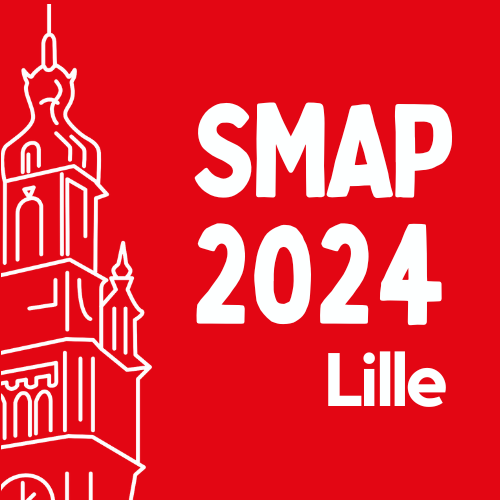
Session: Parallel session 7 - Club jeune FPS
Inhibition of Furin in CAR macrophages direct them towards a pro- inflammatory phenotype and enhances their anti-tumor activities.
There is increasing interest in immunotherapeutic approaches to cancer. Chimeric antigen receptor (CAR) T-cell therapy has proven effective in the treatment of hematological tumors; however, its efficacy in the treatment of solid tumors is hampered by lower intra-tumor infiltration of CAR T cells and tumor-induced immunosuppression. Macrophages play multiple roles in tumor development and represent promising therapeutic targets. Macrophages can infiltrate solid tumor tissue and promote a direct anti-tumor response. In this study, we developed macrophages expressing a CAR receptor against the HER2 antigen. 30% of macrophages express the CAR after transduction. CAR-M can specifically phagocyte HER2 coated-beads than WT macrophages. We have then confirmed the capacity of CAR-M to phagocyte HER2+ cancer cell lines. Co-culture of CAR-M with breast cancer tumoroids (HER2+ or HER2-) has also been performed demonstrating their efficacy in a more complex environment. However, in the tumor microenvironment, due to their plasticity, macrophages tend to adopt an anti-inflammatory phenotype losing their anti-tumor activities. We have therefore developed a combined strategy by inhibiting a proprotein convertases, Furin in CAR-M. The inhibition of furin induces an increase in pro-inflammatory markers and maintains macrophage activation in the presence of cancer cells. Furin inhibition in CAR-M greatly increases the phagocytic activity on Her2+ beads or Her2+ tumors. In addition, a persistent pro-inflammatory profile of furin-inhibited CAR macrophages was revealed by mass spectrometry-based proteomics with an enrichment of antigen processing and presentation, immune response and phagocytosis pathways. Our therapeutic strategy involves dual activation of tumor-infiltrating macrophages. First, we enhance macrophage phagocytic activity by expressing a CAR receptor targeting a tumor antigen. Second, we reprogram macrophages towards a pro-inflammatory phenotype.